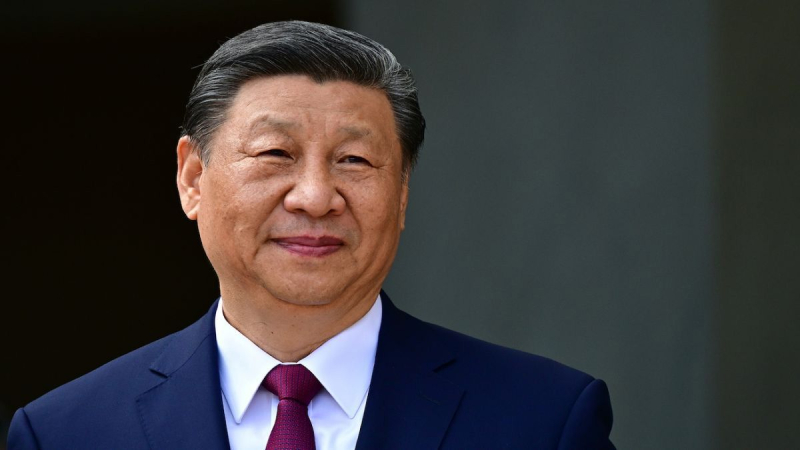Xi Jinping does not like Putin's moves: what is behind China's reaction to the strike on the Dnieper Angela Figin Russia struck the Dnieper with a ballistic missile capable of carrying a nuclear charge. China responded in its own style, calling on all sides to remain calm, exercise restraint, work towards de-escalation and create conditions for an early ceasefire. In a conversation with Channel 24, political scientist and sociologist from Germany Igor Eidman explained why Beijing makes neutral statements and cannot openly condemn the actions of the Russian dictator, or, on the contrary, support him. The leader of the PRC Xi Jinping, unlike Vladimir Putin, is not crazy, but even quite rational. He does not need escalation on the world stage. He understands that the strike on the Dnieper with the Oreshnik missile is blackmail and in this way the dictator is trying to demand concessions from the West. However, at a certain point blackmail can develop into real actions. For example, the First and Second World Wars began with demarches. The Chinese are interested in all this ending as soon as possible, but on the other hand, Xi Jinping is not interested in Putin's defeat. After all, Moscow is now an extremely profitable “ally” for Beijing, from which it can milk natural resources. A great rich country that gives its Chinese “big brother” natural resources. The Chinese pump everything from Russia: from oil to deer antlers, which are used in medicine. Putin is beneficial to them, Eidman said. According to him, the Chinese cannot condemn Putin's actions, because this will worsen Russian-Chinese relations, but they cannot openly support him either, because then the Kremlin may expand the war. On the eve of Russia's strike with a medium-range ballistic missile, on November 20, China called for dialogue and consultations to de-escalate the situation after the change in Russia's nuclear doctrine.
Why China remains neutral
Xi Jinping Doesn't Like Putin's Moves: What's Behind China's Reaction to the Dnieper Strike
30

